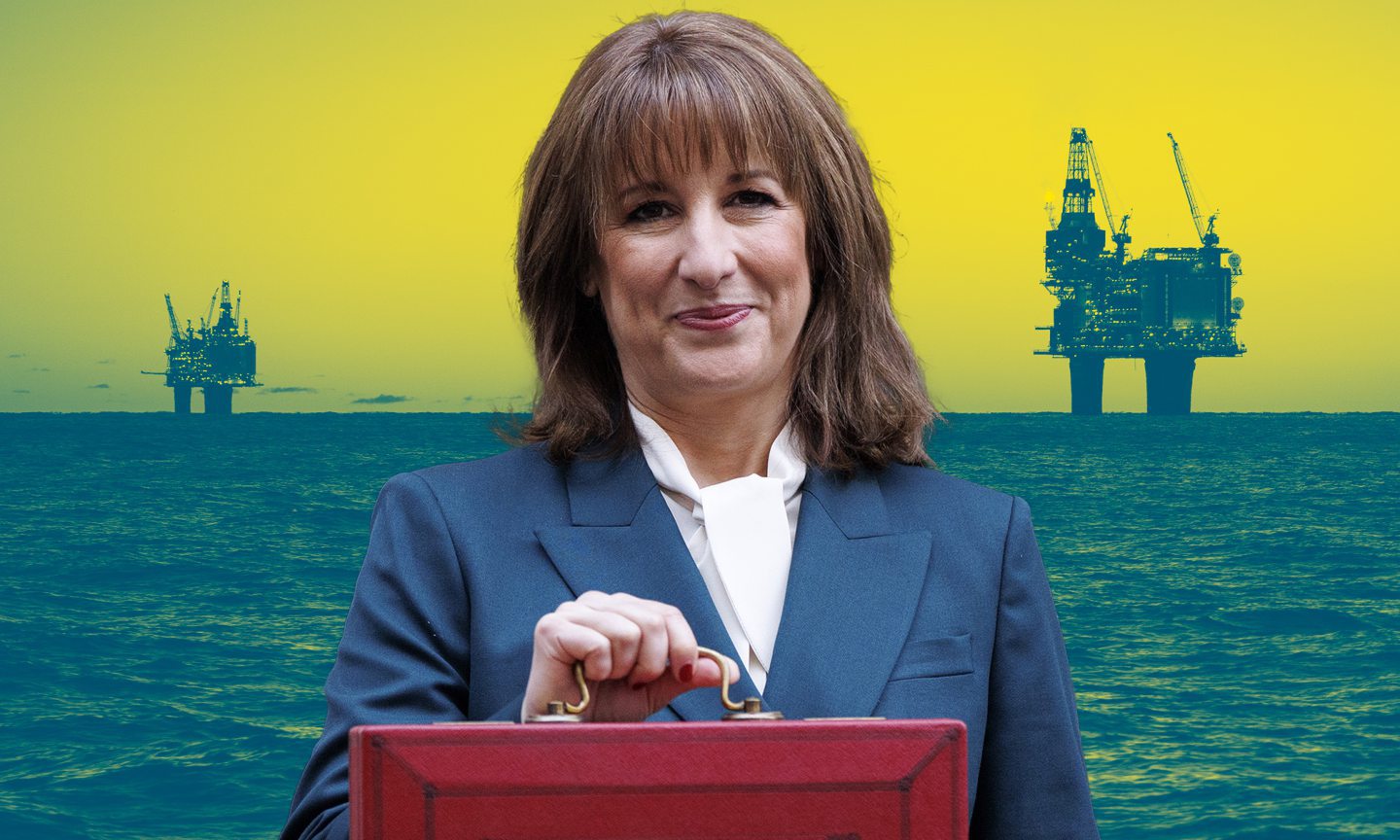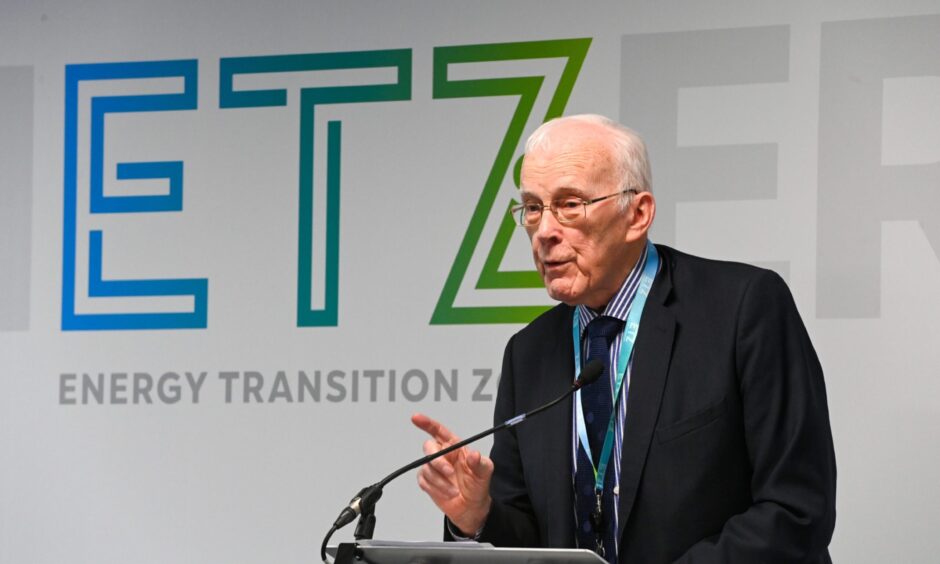Energy windfall tax to STAY as Chancellor accused of condemning north-east jobs in budget
Rachel Reeves caused fury in her spending plans today by ignoring pleas to save thousands of jobs and boost North Sea jobs.

The desperate pleas of north-east oil and gas firms were ignored by Chancellor Rachel Reeves as she refused to reform the controversial windfall tax in her budget today.
In Westminster, the Labour MP made no change to the Energy Profits Levy which industry leaders blame for threatening thousands of jobs.
This is despite relentless calls from energy workers across the north-east who have been pushing for a reform for nearly a year.
The P&J also stood with oil and gas leaders, publishing an open letter to Prime Minister Sir Keir Starmer to outline concerns and push for a windfall tax reform.
Firms ‘cannot invest or survive’
Aberdeen & Grampian Chamber of Commerce chief Russell Borthwick said the government’s approach to the North Sea is “completely and utterly flawed”.
He added: “Limited flexibility on licensing is immaterial if those companies producing the energy we need are taxed at a crippling rate of 78% until 2030. They cannot invest or survive while the EPL remains in place. ”
Industry leaders, including Offshore Energies UK (OEUK), had tried to convince the government they can unlock up to £50 billion of investment and protect 160,000 jobs if the EPL was cut early and replaced with something “sustainable”.
OEUK will convene urgent talks with its 450 members – spanning oil and gas, wind, hydrogen, and carbon capture – whose activities support 200,000 livelihoods that are now at risk.
David Whitehouse, OEUK chief executive, said: “Government has chosen a path that will see 1,000 jobs continue to be lost every month, more energy imports and a contagion across supply chains and our industrial heartlands.
“This is not over. We will keep pressing for change – this industry’s people, their communities and the value of this strategic national asset are too important to dismiss.”
Local business leaders’ reaction to no change to windfall tax
Aberdeen climate-tech entrepreneur Steve Gray, co-founder of Ventex, added to the criticism, describing the government as “utterly incompetent”.
“Despite the chorus from unions, charities, industry, academia and business, Labour has chosen to inflict enormous self-harm on the country,” he said.
“We’re now going to be waiving in untaxed and unregulated imports to replace missing UK energy production.
“The supply chain is very negatively impacted by the decisions they’re making today.”
Barry Summers, UK director of Westhill-based oilfield supplier IKM Testing, said the Budget showed Labour was “putting the party before the country” by refusing to reform the windfall tax.
“We have a world-class supply chain that’s going to be deteriorating faster and fast because of this,” he said.
“Everything regards oil and gas affects the economy in the north-east. I think what we’re going to see in 2026 is a nervousness in employment.
“We’ll probably see something similar to 2015 – an exodus of contractors going abroad to work. We’ll just start losing skill sets in the north-east and expertise.
“I can see no positives from it. It’s just going to drive investment out.”
A spokesperson for Harbour Energy, which announced 250 redundancies in Aberdeen in May, said: “We’re disappointed with the outcome.”
What happened in today’s Budget?
This is the chancellor’s second budget since the Labour party came into power last July.
Her first financial plan came as a huge blow to the North Sea offshore industry as she increased the windfall tax to 38% and extended it by a further year to 2030.
Since then, several energy firms have folded under the pressure of the controversial levy with hundreds of workers losing their jobs.
According to the Office for Budget Responsibility Report, keeping the levy will raise the UK Government £2.7 billion over the next financial year.
It adds oil and gas receipts are forecast to be £2.5bn lower in 2025-26, while barrel prices are expected to continue to drop.
Why was a windfall tax reform so important to north-east?
Energy tycoons have been pushing for a windfall tax reform for more than a year, warning the sector is “running out of time”.
North Sea supply chain leaders said this is a stark reminder of the “devastating” impact of the levy, which has resulted in “cancelled contracts and widespread redundancies”.
Echoing the voices of thousands of offshore workers, Aberdeen energy giants Sir Ian Wood and Martin Gilbert warned investment will flee the north-east without action.
[Source: Press and Journal]


























































